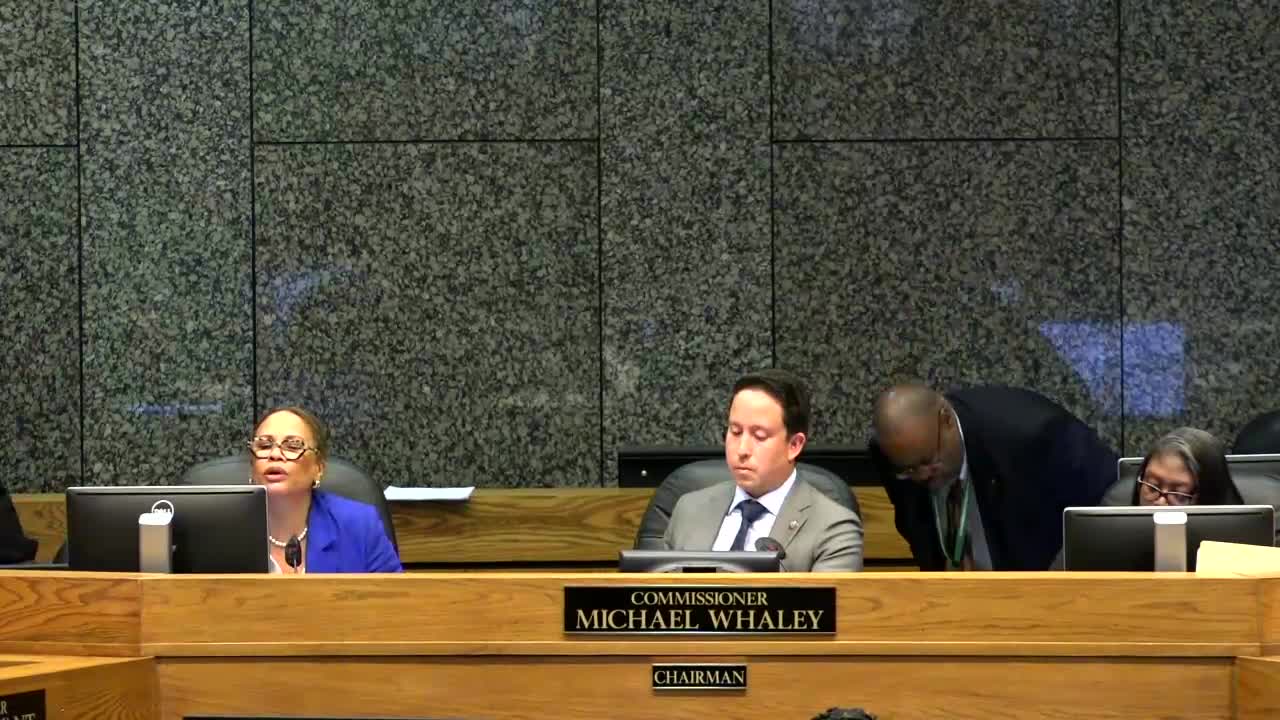Article not found
This article is no longer available. But don't worry—we've gathered other articles that discuss the same topic.
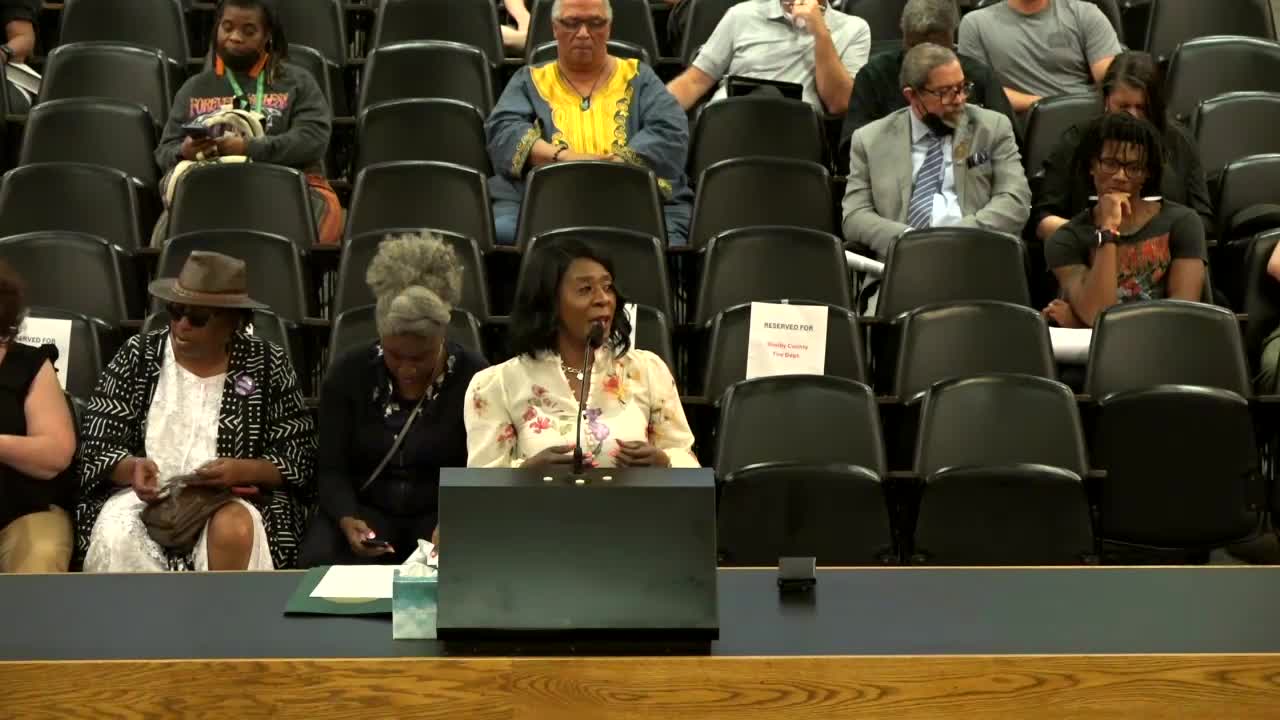
Votes at a glance: key actions from the May 12, 2025 Shelby County Commission meeting
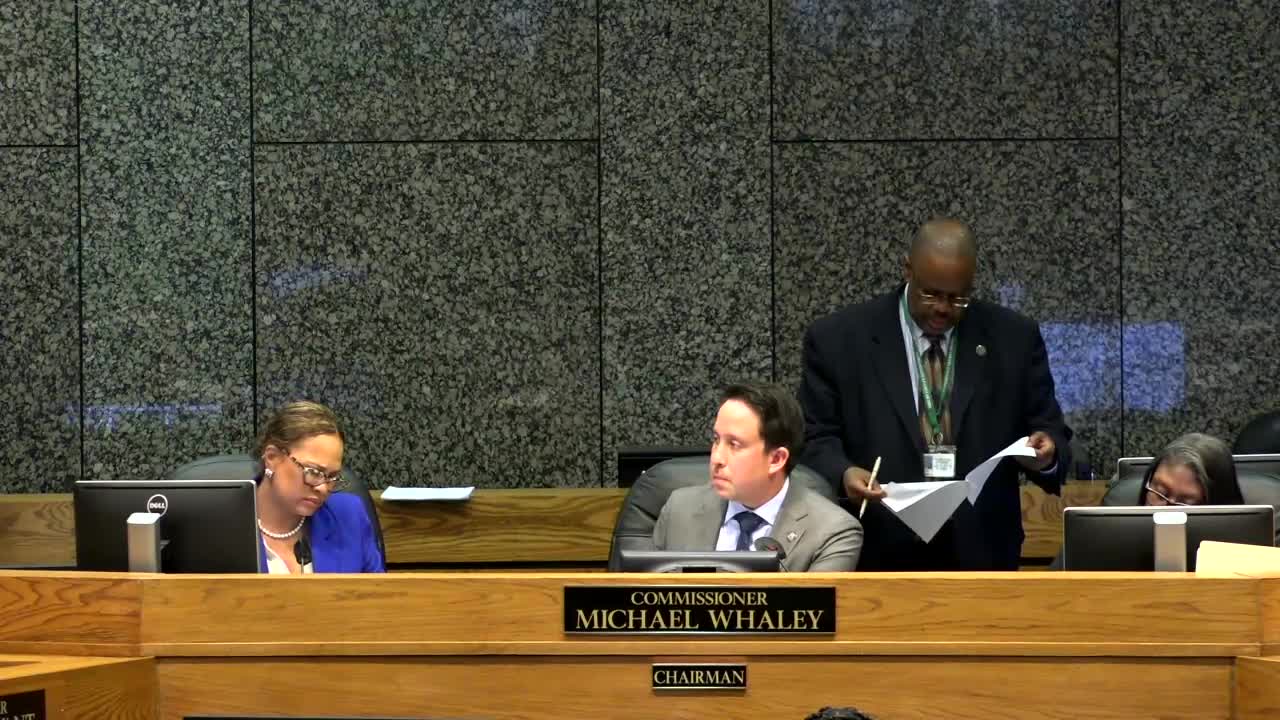
Commission reallocates $665,000 in ARPA funds to nonprofits, then amends to add mental-health facility funding after debate
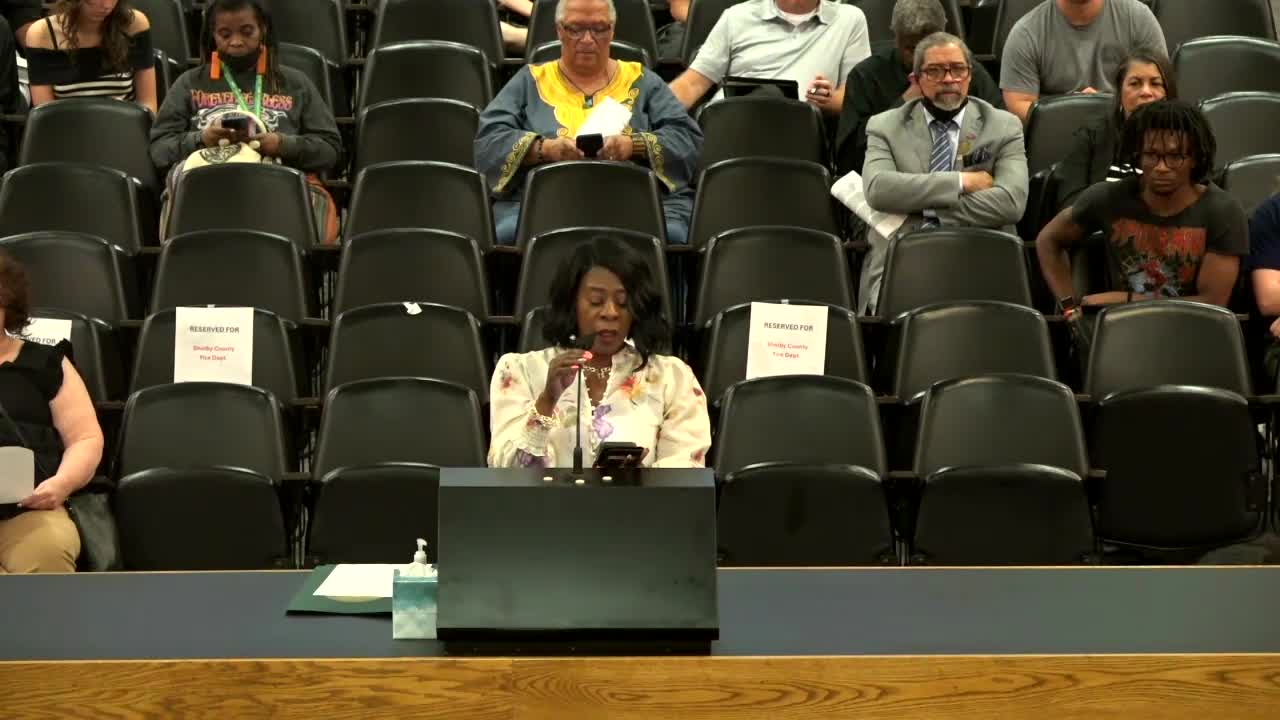
Juvenile Court employees raise retaliation, nepotism and record-keeping complaints; commissioners limited in action by legal constraints
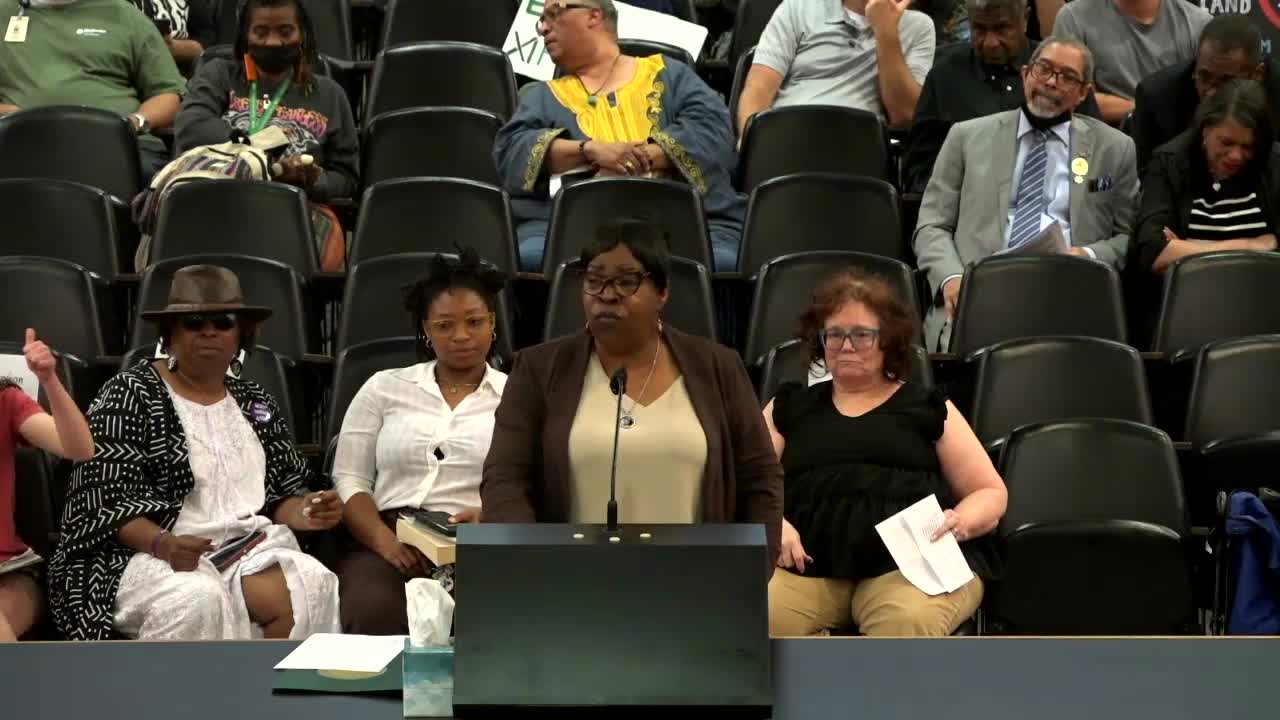
Commission requests public status update from TVA and MLGW on XAI turbines after residents' health concerns
